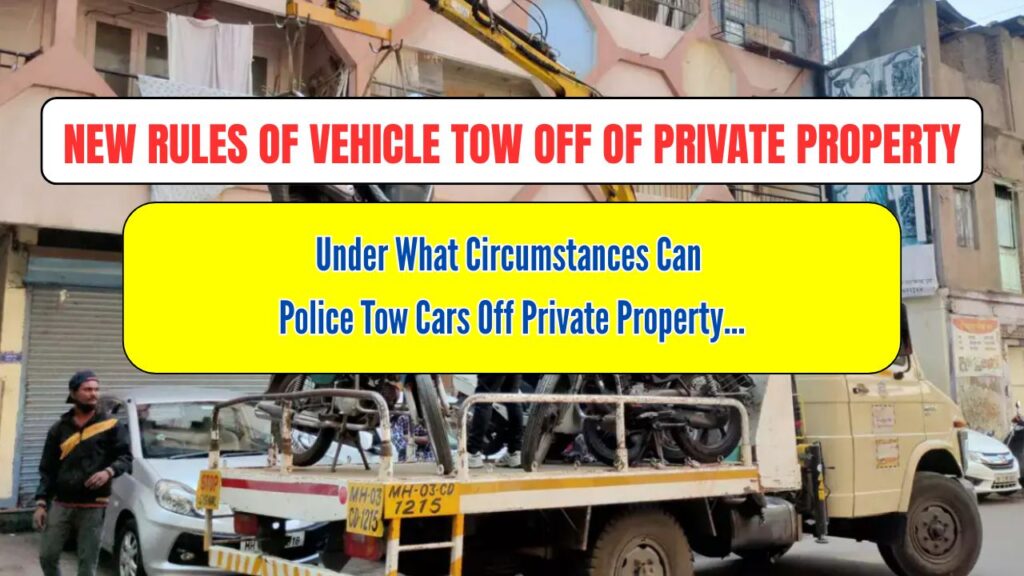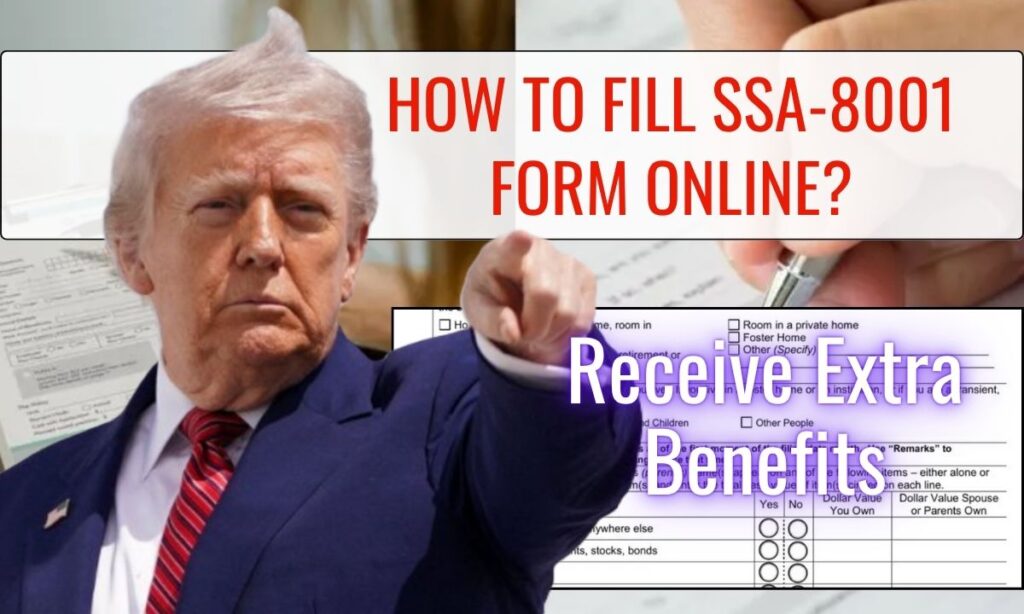New Rules of Vehicle Tow Off of Private Property: More severe rules against careless driving are being enforced under a new legislation in Connecticut, and offenders risk fines of $1,000. The law is currently on route to the state Senate after passing the House with full, bipartisan support. Under the new rules, “extremely ruthless drivers” who are trapped more than 100 miles per hour on public roads could be fined up to $600.
However, major offenses might result in a 30-day prison term, and repeat offenders could face fines of up to $1,000. They run the possibility of having their vehicle taken for a maximum of 48 hours until the fines are paid, in addition to the towing and storage costs.
New Rules of Vehicle Tow Off of Private Property
“More than 5,600 speed accidents have occurred in the last one year” at the very least, as per the University of Connecticut, with fifty-five of those incidents being deadly. This is the rationale behind the upcoming legal change in Connecticut.
The two regulations that deal with reckless driving and “super speeders” are really two different statutes. Now, both are part of House Bill No. 7260. Although the details differed, the proposed legislation said that drivers who were caught speeding between 87 and 99 mph would get a minimum $500 fine and a two-point endorsement on their driver’s license.
Raised to a fine of $1000
These were raised to a least fine of $1,000 and four points for exceeding 100 mph. Attorney General William Tong of Connecticut said the unanimous vote on the measure “sends a strong cross-party message to those who ignore our laws and put our safety at risk – this ruthless misconduct is unacceptable.”
The “increasingly dangerous” state of Connecticut’s highways, according to state representative Donna Veach, is what spurred her to file a measure, according to Middletown Press. “No matter where you go to the highway, there are a lot of drivers who drive right away, and many of them see a lot of drivers coming and going into the circulation,” says Veach.
$425 Million Capital One Bank Settlement 2025, What to Do if you are Affected?
Walmart Wing Drone Deliveries: Walmart & Wing Deliver By Drone In Less Than 30 Minutes
Implementation of an Intelligent Speed Assist System
Last month, Sun Motors revealed that new rules limiting acceleration capabilities could lead to drivers installing more speed devices in their vehicles without permission. The system can detect the posted speed limit and will take control of your car if you go above it, which is why it is being investigated as a way to stop “super-speeders”.
When detected speeding, the punishment is usually limited to a fine or a driver’s education course. According to government-funded studies, 75% of persons continue driving after their licenses have been suspended. Politicians are thus turning to technology in an attempt to curb super-speeders. The implementation of an Intelligent Speed Assist, or ISA, is being studied by many state legislators.
- The speed restriction for the road segment is determined by the ISA system using GPS. They can be fitted during or after an automobile’s manufacturing.
- They assist in preventing vehicles from exceeding a predetermined limit, making excessive speeding challenging or even impossible.
- States in the US do not currently have laws requiring all drivers to install ISA systems.
- However, it may be necessary to quickly deploy that technology for so-called super-speeders.
- Virginia is the most recent state to adopt ISA technology, having approved legislation granting courts the power to order drivers over 100 miles per hour to equip their vehicles with the device.
- In the meanwhile, the District of Columbia is the first jurisdiction to enact such law.
- Additionally, California State Senator Scott Wiener put out a measure mandating ISA systems in all new automobiles sold in the state, but Governor Gavin Newsom rejected it.
- New York, Georgia, Maryland, California, and Arizona are also debating their own plans, some of which contain a restricted “override” function that permits further acceleration in an emergency.
$5108 Social Security Check in June 2025, It Will Hit These Bank Accounts
$1702 Alaska PFD Stimulus Check in June 2025: Payment Date, Eligibility, and How to Apply
How to contest a citation for speeding?
There are five successful tactics to contest a speeding ticket that was issued incorrectly, according a legally verified post.
- Drivers are free to discuss or contest their personal beliefs if they are stopped and given a ticket. An officer must put down their thoughts and reach a “objective” decision before issuing a speeding penalty. The ticket may be disputed if it was written in accordance with that ruling. For instance, you could argue that it would be riskier to drive at 65 mph if you were doing 75 mph in a 65 mph zone because other people were doing the same.
- You have the right to deny the evidence presented by an official. You cannot argue that an officer observed you do an unlawful u-turn or run a stop sign, but you can provide evidence in court, such as photographs, diagrams, or eyewitness accounts.
- Construct a case that the ticket was issued due to a “mistake of fact.” It’s complicated, but a “mistake of fact” occurs when a motorist makes a mistake regarding something that was beyond of their control or when they honestly didn’t realize they were breaking the law. For instance, the lane markings were so worn out that you could not see them, thus you were driving in two lanes.
- You may contend that the situation warranted you’re driving. You may claim that you were changing lanes quickly to prevent an accident or hurrying to pass a potentially intoxicated motorist. If there is evidence that you continued to speed after passing, though, the claim will be refuted.
- As with the last point, one may argue that speeding was required to prevent injury. Making the case that you or someone else may have been hurt if you hadn’t been speeding is crucial.
- If everything else fails, seek the advice of a traffic lawyer. To determine whether or not there is a case, several provide free consultations.






